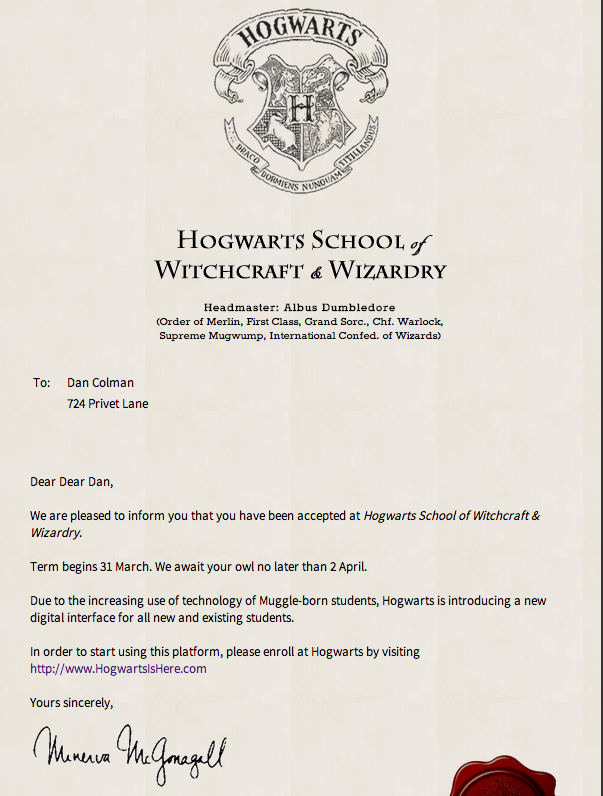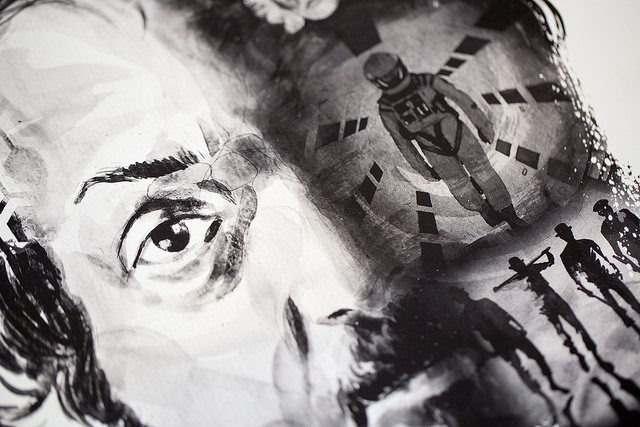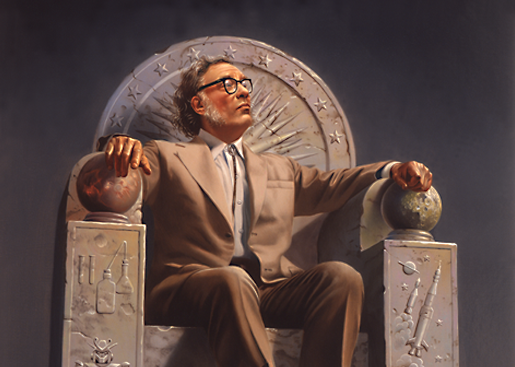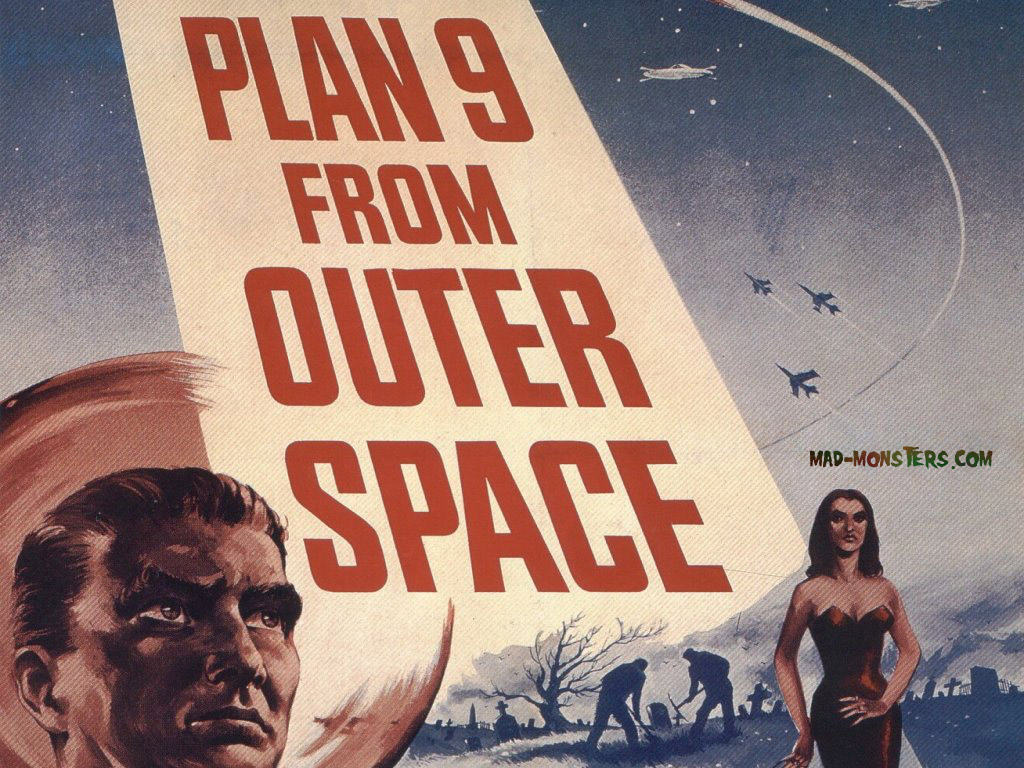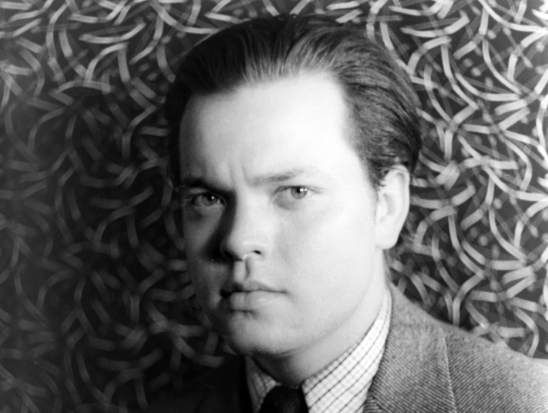Despite some of the stranger circumstances of Philip K. Dick’s life, his reputation as a paranoid guru is far better deserved by other science fiction writers who lost touch with reality. Dick was a serious thinker and writer before pop culture made him a prophet. Jonathan Letham wrote of him, “Dick wasn’t a legend and he wasn’t mad. He lived among us and was a genius.” It’s a fashionable opinion these days, but his genius went mostly unrecognized in his lifetime—at least in his home country—except among a subset of sci-fi readers. But Dick considered himself a literary writer. He left the University of California after less than a semester, but the “consummate autodidact” read widely and deeply, favoring the giants of European philosophy, theology, and literature. For this reason, Dick suspected that his tepid reception in the U.S., by comparison with the warm regard of the French, showed a “flawed” anti-intellectualism in Americans that prevented them from appreciating his work. In the 1977 edited interview above with Dick in France, you can hear him lay out his theory in detail, offering insights along the way into his literary education and influences.
Dick identifies two strains of anti-intellectualism in the U.S. The first, he says, prevents American readers from appreciating “novels of ideas.” Science fiction, he says, “is essentially the field of ideas. And the anti-intellectualism of Americans prohibits their interest in imaginative ideas and interesting concepts.”
I don’t find Dick particularly persuasive here, but I live in a time when he has been fully embraced, if only in adaptation. Dick’s more specific take on what may be a root cause for Americans’ lack of curiosity has to do with the reading habits of Americans.
There’s another facet as regards my particular work say compared to other science fiction writers. I grew up in Berkeley and my education was not limited at all to reading other science fiction novels preceding my own, such as van Vogt, or Heinlein, or people of that kind… Padgett, and so on…. Bradbury. What I read, because it’s a university city, was Flaubert, Stendhal, Balzac… Proust, and the Russian novelists influenced by the French. Turgenev. And I even read Japanese novels, modern Japanese novels, novelists who were influenced by the French realistic writers.
Dick says his “slice of life” novels were well received in France because he based them on 19th French realist novels. His favorite, he tells the interviewer, were Madame Bovary and The Red and the Black, as well as Turgenev’s Fathers and Sons — all found in our collection of Free eBooks and Free Audio Books. Perhaps a little self-importantly, in his particular conception of himself as a literary writer, Dick distances himself from other American science fiction authors, whom he alleges share the American reader’s anti-intellectual propensities. “I think this applies to me more than other American science fiction writers,” says Dick, “In fact, I think that it’s a great flaw in American science fiction writers, and their readers, that they are insulated from the great literature of the world.”
Related Content:
Robert Crumb Illustrates Philip K. Dick’s Infamous, Hallucinatory Meeting with God (1974)
The Penultimate Truth About Philip K. Dick: Documentary Explores the Mysterious Universe of PKD
Free Philip K. Dick: Download 13 Great Science Fiction Stories
Josh Jones is a writer and musician based in Durham, NC. Follow him at @jdmagness
